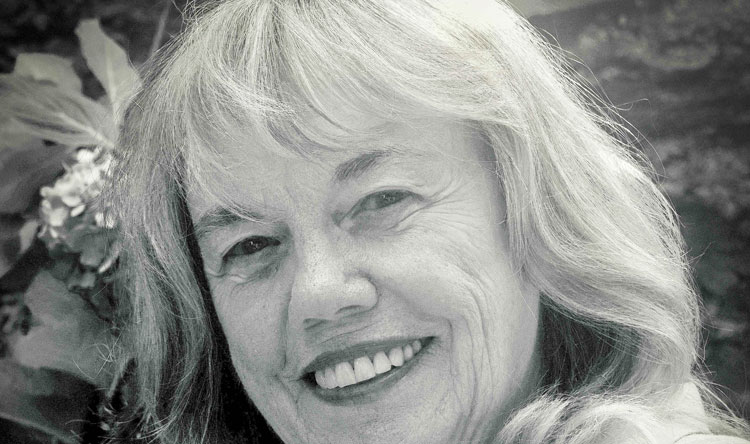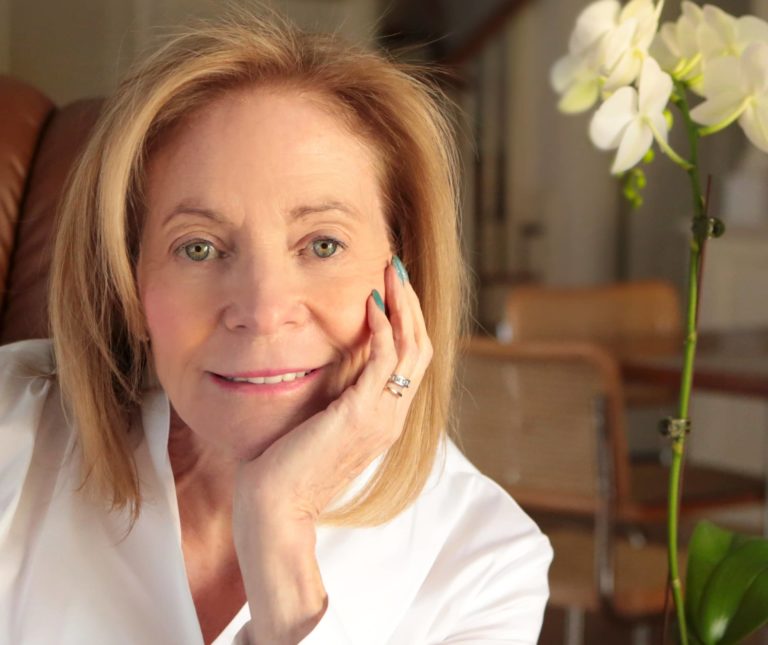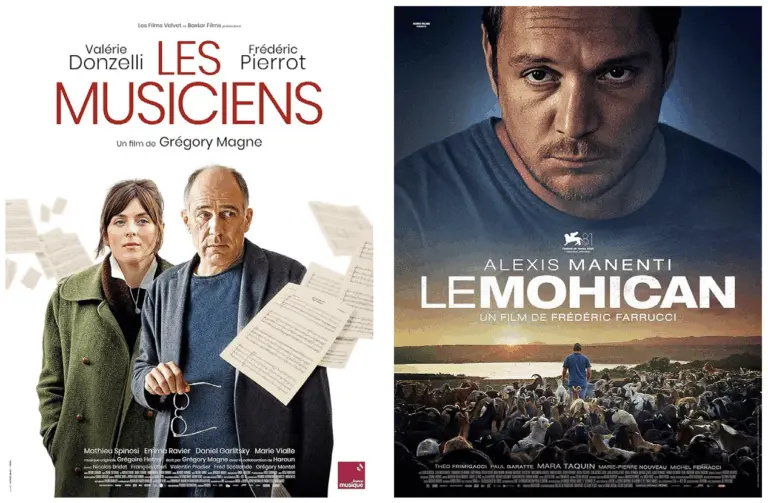
By Anne W. Semmes
Sentinel Columnist
Over the last few months I’ve become privy to some alarming stories concerning the social world of Greenwich high schoolers with its mix of alcohol, drugs, technology, and sex—in what appears to be a compliant culture. These stories come from parents of our private and public high schools who have shared their concerns, and from what I’ve learned from community forums of the paths being taken leading to the rise in drug addictions.
We are all aware that for many, Greenwich is a privileged, wealthy community, and that fact must enter into how some stories I’ve heard spin out. But those in authority in any culture need to be responsible to and for their young people—the parents, the caregivers, and the schools these young adults attend.
With the laws of the land in mind that no alcohol is to be made available to underage (under 21) students no matter where, these scenarios are taking place: students are arriving at parties in private homes having “pre-gamed,” or gotten a start on their drinking elsewhere (pre-gaming can include mixing alcohol with other drugs); and alcohol is being consumed at parties either with absent parents or parents/caregivers present but in some other part of the house.
Add the sexual impulses of teenagers and you can get sexual misconduct or sexual assault, with lasting consequences for those involved. Then add technology, where some students act to record such sexual misconduct on their iPhones and broadcast it on social media. Yes, that happens here. Welcome to the world of ADST—alcohol, drugs, sex and technology.
Not long into this academic year, the heads of two private schools sent out cautionary messages to their students and their parents—addressing off campus behavior. Molly King, headmistress of Greenwich Academy, told of the dangers of “unsupervised weekend parties: hospitalization from binge drinking, poor decisions with social media, drunk driving, even sexual assault.” King hits the nail on the head: “Students in this area have comparatively greater access to alcohol and unsupervised homes than many American high-schoolers,” she writes, with some parents having chosen to look the other way, making underage drinking “an inevitability.”
King notes that underage drinking is “squarely against the law” and “against school policy.” She also quotes research showing that “the incidence of sexual intimacy rose dramatically at unchaperoned parties and for students whose parents do not call ahead to confirm adult supervision.” King is clearly advocating safety for her girl students.
Tom Philip, headmaster of Brunswick School, has spelled out in the Brunswick Student Handbook the “Major Upper School Rules” of the illegality of “all use of alcohol or drugs,” including the use of “vaping” devices, “at all times (during the school day, evenings, weekends, mid-year vacations, summer vacation, etc.).” And “Bullying, hazing, baiting, sexual harassment or any other behavior which encroaches upon the personal rights of others will not be tolerated.”
Philip even stepped into the political arena pre-election with an “Important Message” sent to both middle and upper school students and their parents: “Any conversation about using a perceived position of power to force oneself on another in a sexual manner is entirely inappropriate and threatening.”
Whether or not Philip was also responding to more recent acting out scenarios (a house party incident two years ago, with Brunswick students involved, was rumored to include a sexual assault, as reported in newspapers), his intention was plain, to “focus” his students’ “individual and collective attention on one matter: the horror of sexual assault.”
Both Philip and King and the town’s other high school administrators, and especially parents, have to be thankful that Safe Rides—solvent once again—is there to help with the safe transport of these students to and from their weekend parties. “With the prevalence of pre-gaming, Safe Rides is even more essential,” says the new president of Safe Rides, Greenwich High School senior Julia Moch. Moch cites that though some 60 percent of seniors have their own car, her organization, with its TAG drivers, provides a backup plan or second alternative to getting home if the driver is incapacitated. Safe Rides is also, she says, “for those who don’t feel safe getting in a car with a driver who has been drinking.”
Safe Rides importantly does not support party hoppers. “We always ensure the passengers are going home,” she says. “We log the pickup and drop off addresses, and if we see an overlap, we’ll call the caller and say we expect they are going to another party. If we suspect people of party hopping we have a black list we use.”
When told of scenarios in which high schoolers use Uber for late night trysts without their parents’ knowledge, Moch counters, “The charge and time goes on their parents’ bill, so their movements can be tracked.”
Moch cites what she sees as the “greatest challenges” high schoolers face. “Being in a big social group and getting along with everyone else is seen as ideal. Even though some people are uncomfortable in the party scene, or are introverts, they all feel the pressure to drink and not be left out.” She sees value in “sticking with your friends group, your comfort zone.”
Last fall, when I attended a “town hall meeting” put on by the Nantucket Project on “The Face of Addiction: A Conversation on Connecticut’s Opioid Addiction,” I learned how alcohol can lead to taking pain killers. As I write, Greenwich residents will have the opportunity again to learn about these dangers in a community forum, “Chasing the Dragon,” sponsored by the Greenwich Police Department, with other town groups.
Police Chief Jim Heavey is there on the front lines, and knows what can happen with these high schoolers when they drink and drug. His Special Victims Unit is dealing with those underage high schoolers who are acting out.
The bottom line here is that kids who act out upon others need to be held accountable, by their parents, their schools, and their communities.
When I raised my four kids in Greenwich years ago, that acronym ADST did not exist, especially the social media part of it. If it had, I might have adopted the policy of a present-day parent who has daily access to her daughter’s cell phone. But then, “You can’t escape technology,” Julia Moch of Safe Rides reminds us, “at home or at school.”
As a Greenwich resident for over 40 years, I am keeping the faith in my community, and in its schools, and, most important, in the intelligence and integrity of its citizens to do their level best to keep our younger citizens safe from harm. “Damn straight,” should be our united response.




